WASHINGTON, D.C. – CVS Health is continuing its nationwide strategy to reshape its retail presence, and that includes the closure of 10 store locations across the D.C., Maryland, and Virginia (DMV) region. These closures are part of a broader plan that will affect hundreds of CVS stores across the United States by 2025.
List of Local CVS Store Closures
As the company pushes forward with its multi-year transformation, the following stores in the DMV area have been confirmed for closure or have already shut their doors:
In Washington, D.C.:
-
1117 10th St. NW
-
1100 4th St. SW
-
400 Massachusetts Ave. NW
-
1515 New York Ave. NE
-
4500 Wisconsin Ave. NW
-
7828 Georgia Ave. NW
In Maryland:
-
1000 S. Charles St., Federal Hill, Baltimore
-
7235 Wisconsin Ave., Bethesda
-
34 N. Cannon Ave., Hagerstown (closing June 26, according to The Herald-Mail)
In Virginia:
-
10390 Willard Way, Fairfax
These stores are among the latest to be impacted by CVS’s decision to close over 200 locations nationwide in 2025.
Why Is CVS Closing So Many Stores?
The decision to close these stores stems from a strategic realignment plan first introduced in November 2021. According to CVS, this long-term initiative is focused on reducing store density, optimizing retail locations, and enhancing the company’s role in delivering healthcare solutions.
CVS leadership says this is not a response to external pressures or financial strain but rather a move to adapt to evolving consumer behavior and healthcare needs.
What CVS Says About the Closures
A CVS spokesperson explained that several factors were taken into account before determining which stores would be closed. These include:
-
Population trends and shifts
-
Local community health needs
-
Pharmacy and store density in specific markets
-
Changes in consumer buying habits and shopping preferences
The company emphasized that these closures are part of a planned, data-driven strategy, not a knee-jerk reaction to market changes or competition.
“Even after the realignment work, 85% of people in the U.S. will still live within 10 miles of a CVS Pharmacy,” the spokesperson stated. “We are committed to ensuring continued access to pharmacy care and essential health services.”
What’s Next for CVS and Its Customers
Despite the store closures, CVS says it remains committed to maintaining a strong retail presence and expanding its healthcare offerings. As part of this broader transformation, the company is investing in digital health solutions, telehealth services, and in-store clinics to better serve its customers.
Some key initiatives include:
-
Expanding MinuteClinic services for basic healthcare needs
-
Enhancing digital pharmacy tools, including prescription delivery and app-based refills
-
Improving coordination with Aetna (also owned by CVS) to provide more integrated health services
While the closures may inconvenience some local residents in the short term, CVS officials believe these changes will lead to more efficient service and better healthcare access in the long run.
Impact on Communities
The closures in the DMV region are expected to impact neighborhoods that have long relied on these CVS locations for prescriptions, over-the-counter medications, and other essentials. Residents in areas like Fairfax, Bethesda, Federal Hill, and Georgia Ave. in D.C. may now have to travel farther for their pharmacy needs.
However, CVS notes that in most cases, nearby locations will remain open, and patients will be automatically transferred to the closest store or notified about how to refill their prescriptions through alternative methods, such as delivery or mail order.
The Bigger Picture
CVS isn’t the only major retailer restructuring its footprint. Other pharmacy chains and large retail brands have also been reevaluating their brick-and-mortar presence in response to:
-
The rise of e-commerce
-
Shifts toward telehealth and digital services
-
A growing focus on healthcare delivery beyond traditional pharmacy counters
As CVS positions itself to become a leading healthcare company, these store closures are being framed as necessary steps toward future growth and innovation in a rapidly changing industry.
In summary, while the closures may bring short-term disruption for some communities, CVS says its long-term vision is centered on enhancing accessibility, improving health outcomes, and ensuring customers receive care in ways that reflect today’s realities.
Residents impacted by store closures are encouraged to contact CVS customer service or visit www.cvs.com for information on nearby locations and how to continue receiving pharmacy services.

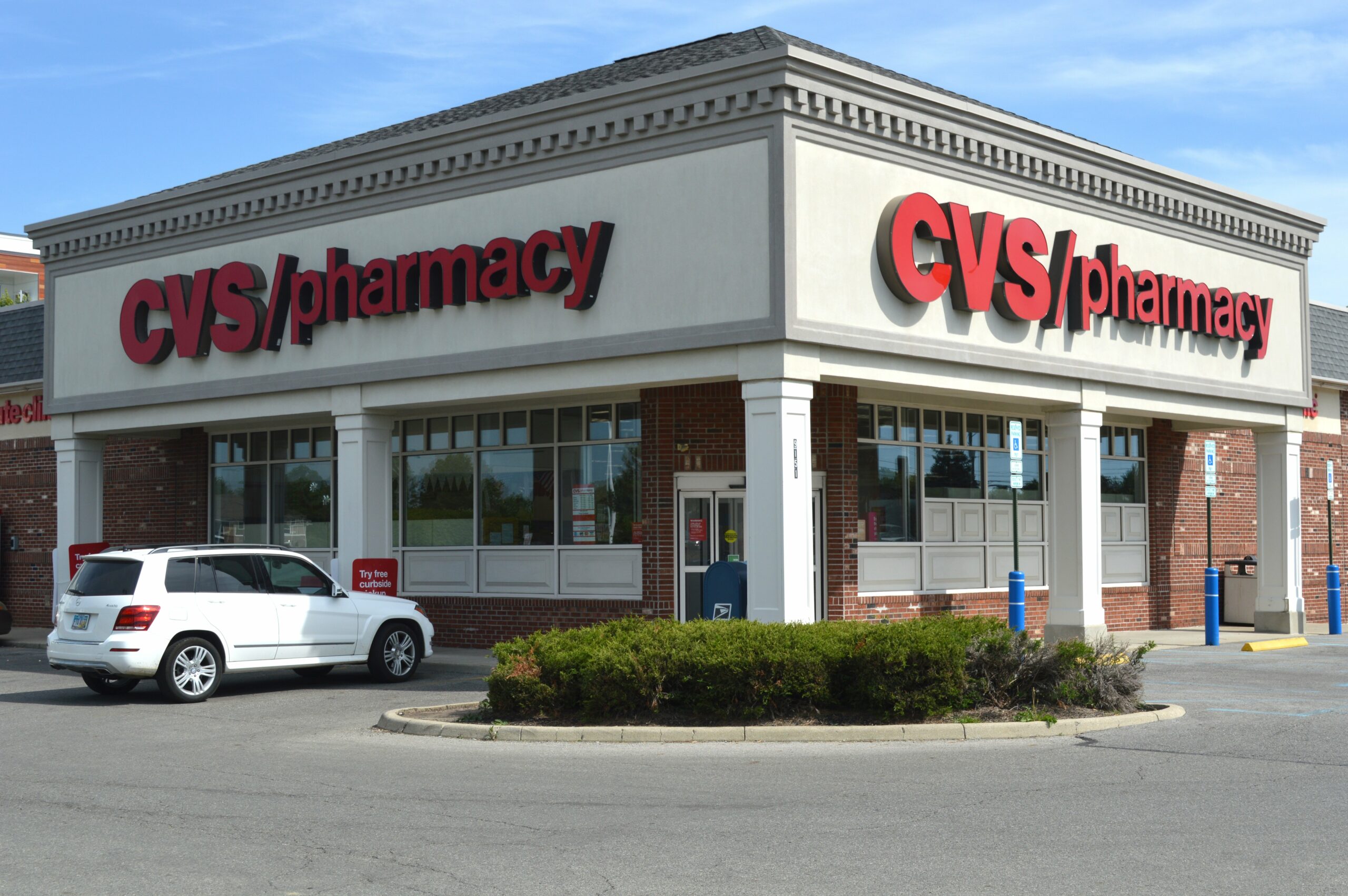
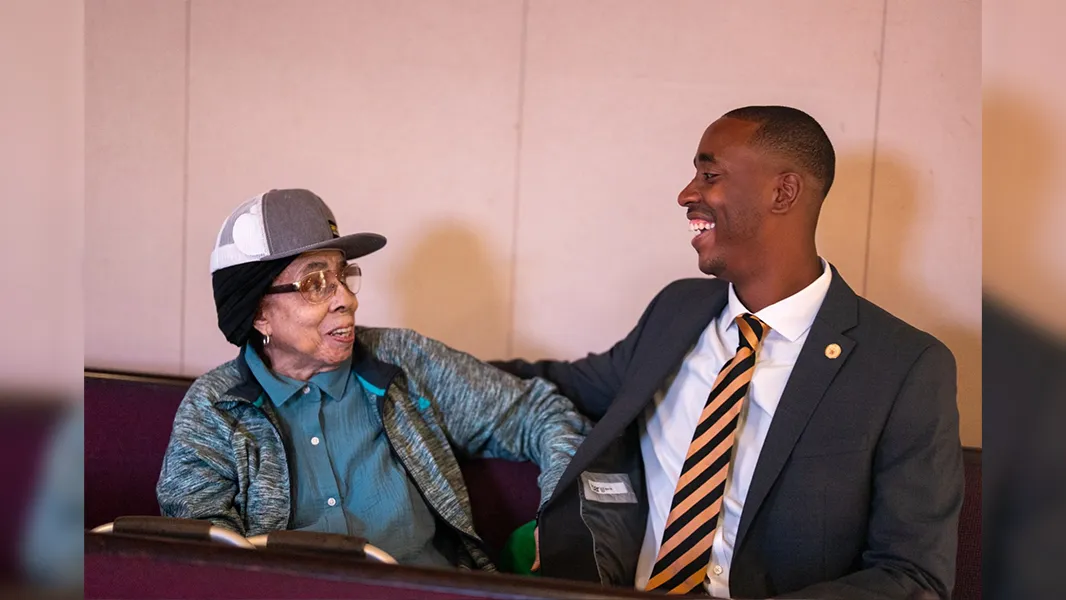

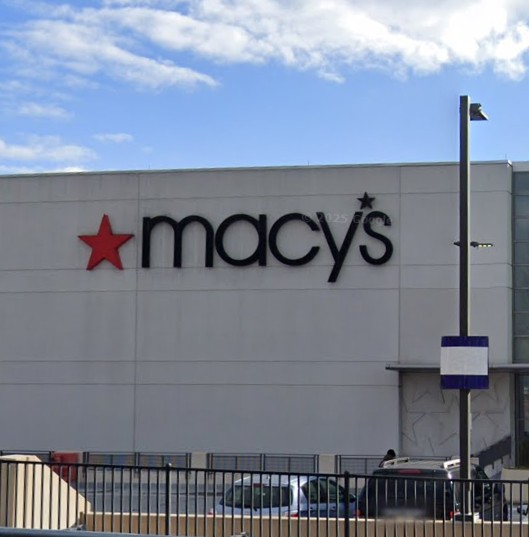
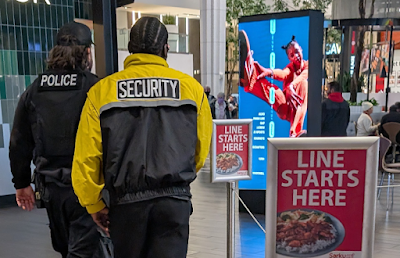
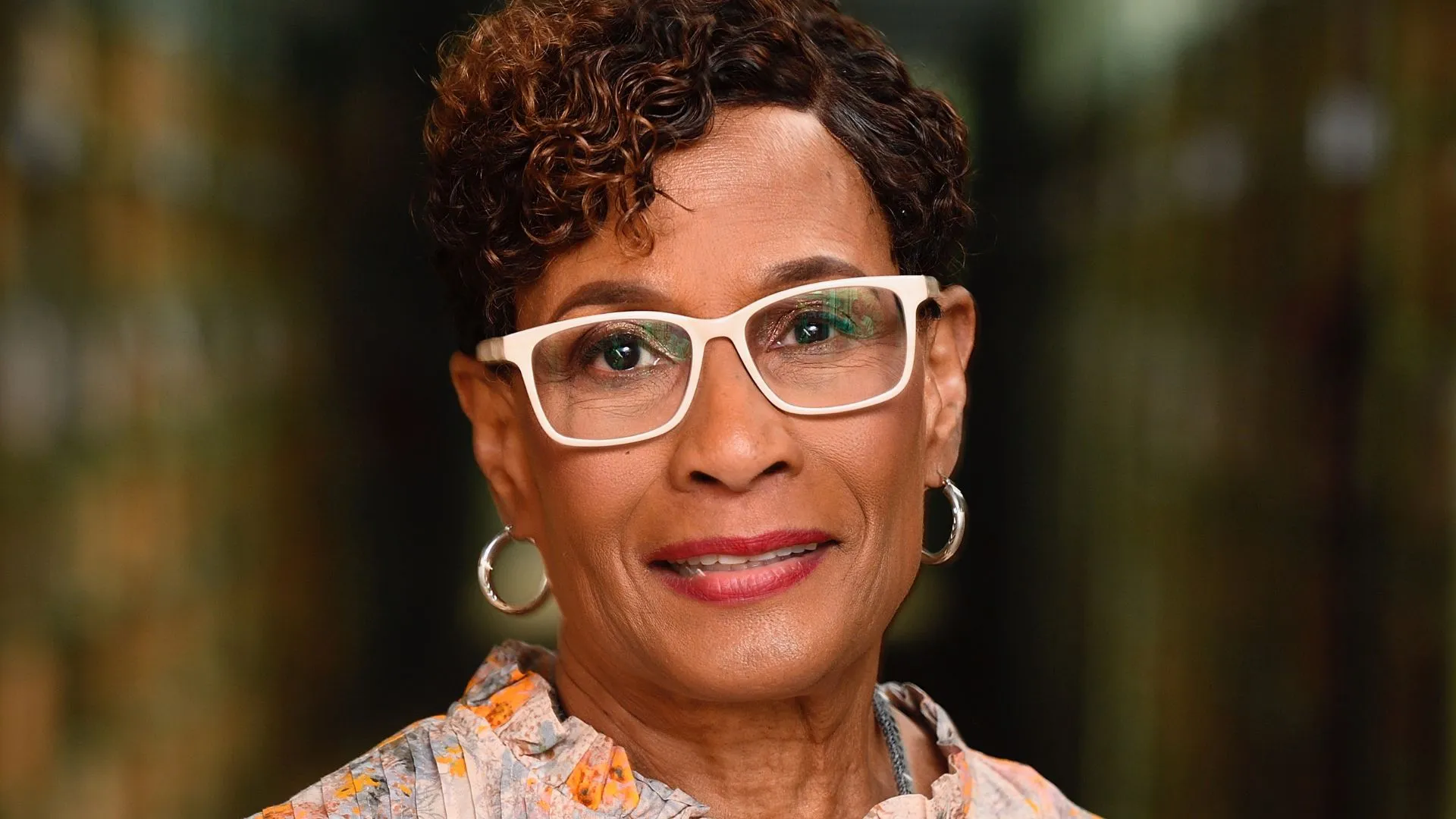

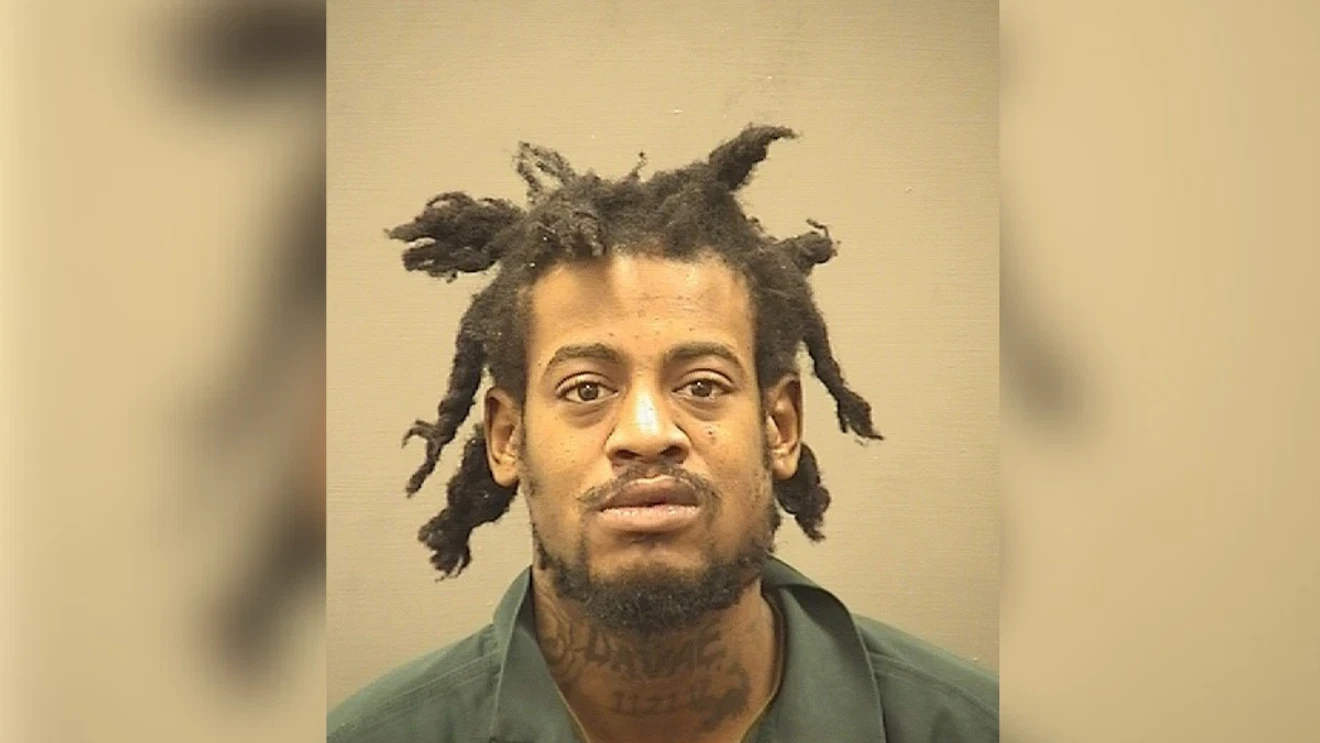
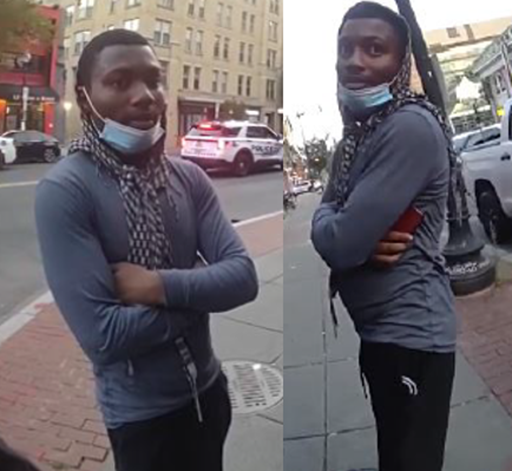
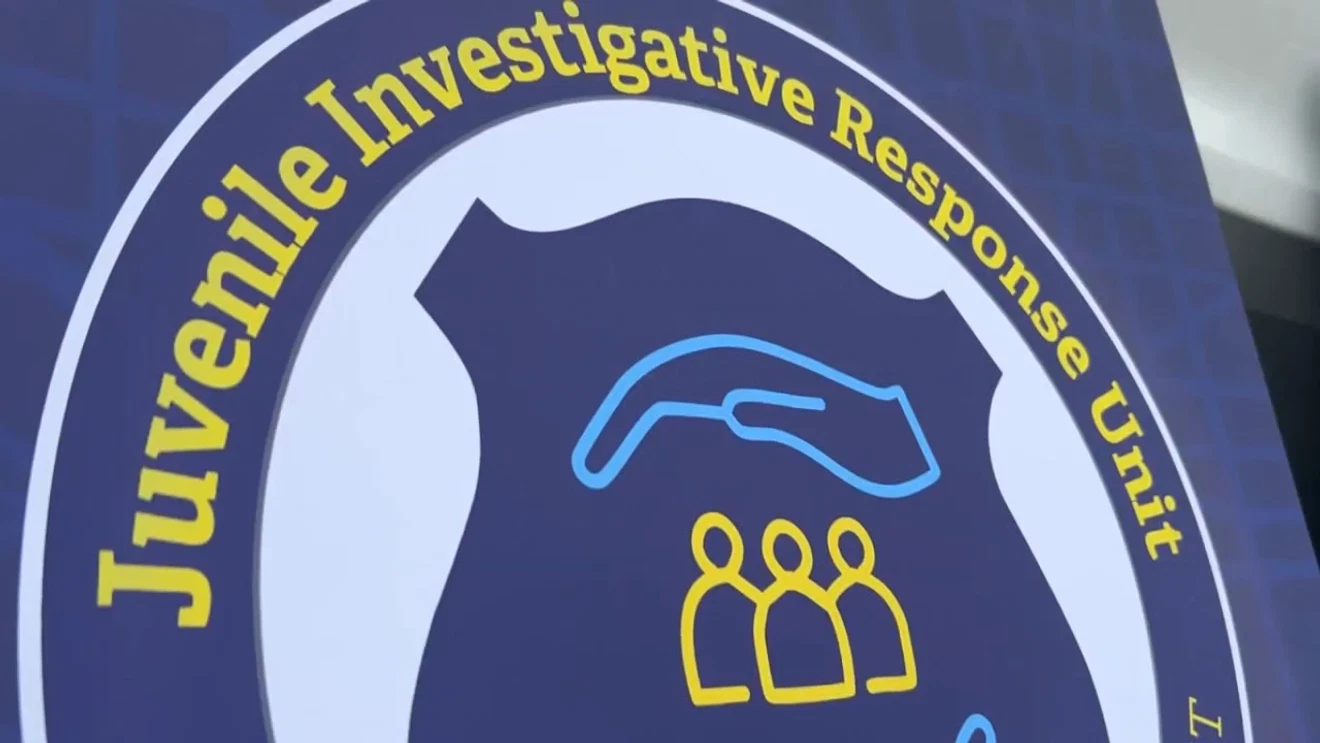
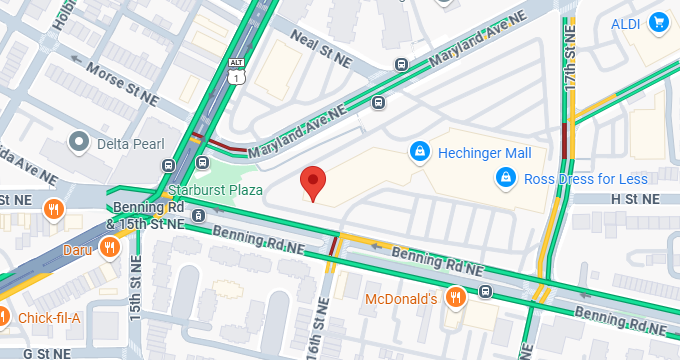




Leave a Reply